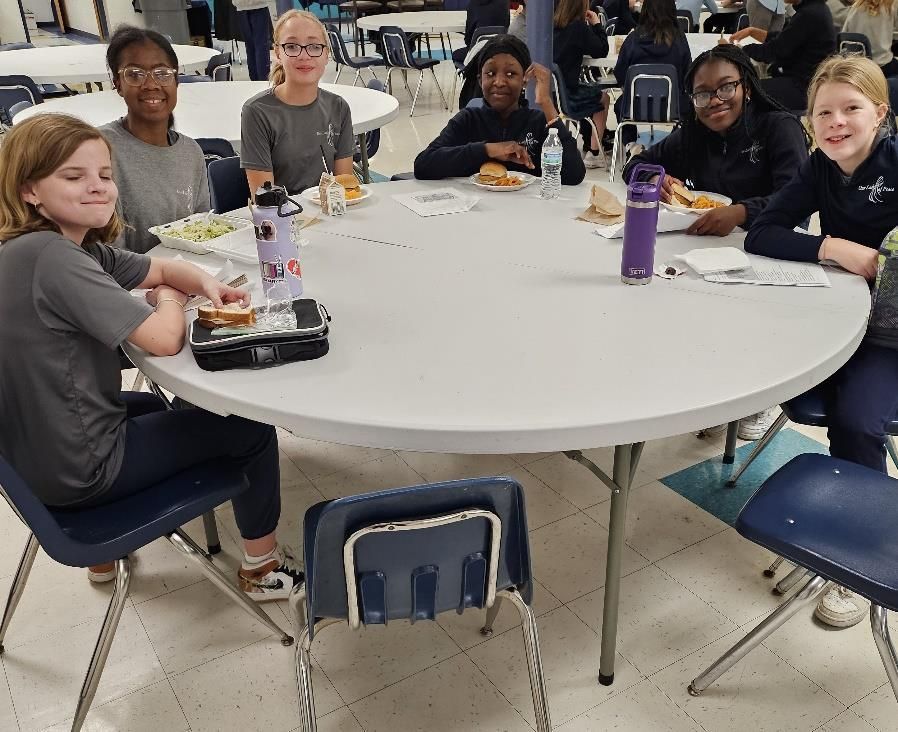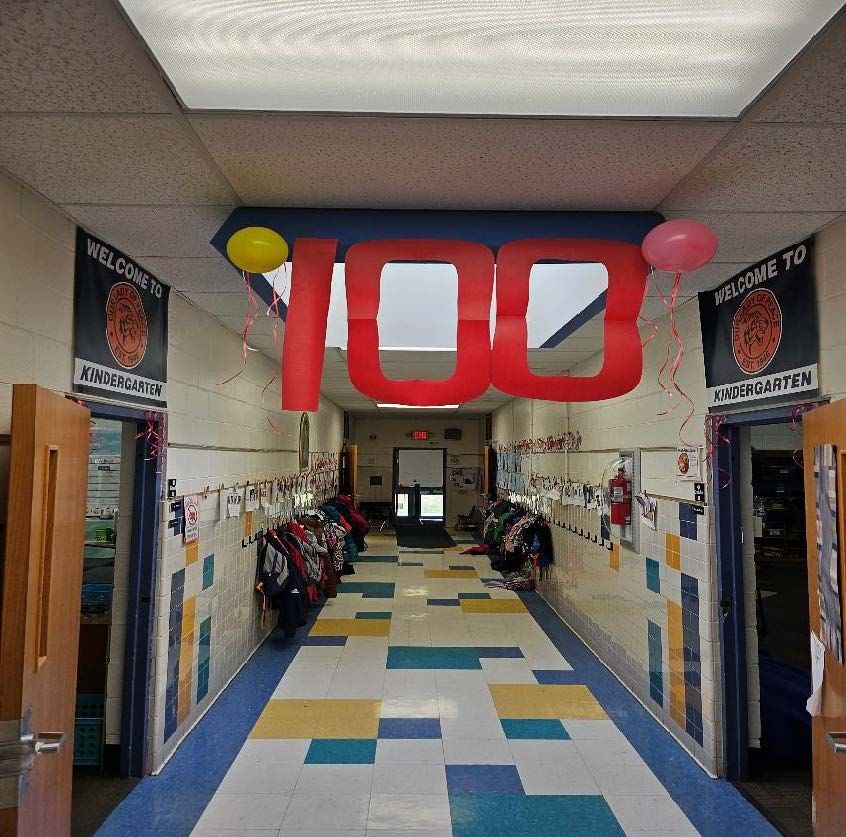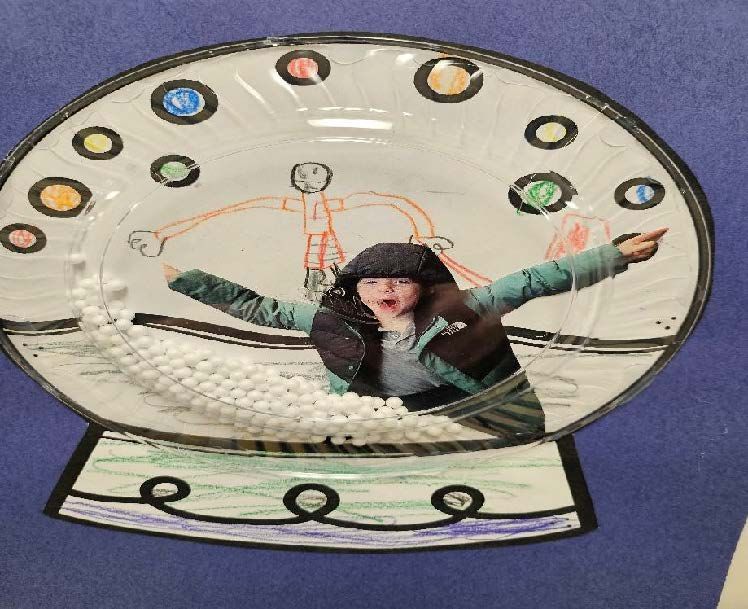1/26/24 - Friday Forget-Me-Nots by Jim Silcott
Photo Caption:

Dear Our Lady of Peace Family,
Grade cards are coming out this week, to the delight of many and the chagrin of a few. My role model in teaching, Sister Margaret Hoffman, for whom I student taught at Bishop Watterson, always told her students, “You are not your grades.” While of course we all want our students to succeed in school, we must realize that grades are but a snapshot in time of how each student is performing on those assessments that are formally evaluated. There is much more to learning than the grade on the report card. Indeed, there is much more to learning than what happens between 8am and 3pm in school.
I still remember, as a first-year high school teacher in my own right at Bishop Watterson in the fall of 1979, giving my very first test. The class was Western Literature. There were no courses of study back then, just a blue paperback book with a smattering of selections of great literature: Beowulf, Canterbury Tales, The Inferno. The class was a semester long and was mandatory for all juniors the first half of the year.
As I passed out the mimeographed tests with four essay questions, I was more nervous than just about any other time in my life. Did I teach the material properly? Are the test questions ones they would be able to answer?
I always gave essay tests when I taught English because I wanted to find out what my students knew, as opposed to what they didn’t know.
If my memory serves me correctly, enough students did write thoughtful and accurate essays to help me feel vindicated in my instructional practices. It is hard to believe that those juniors in the fall of 1979 are now over the age of 60 themselves!
At the end of the quarter, the students would take a blank, three-copy report card around to each teacher who would place a number grade in the appropriate space along with his or her initials. Some students would smile, some would groan, others would beg and plead for just one more point or a chance to do some instant extra credit. I remember one student offering me a color television set for a chance to pass. As I was unmarried, making six thousand dollars a year annually and living in a fifteen-dollar-a-week apartment, the offer was tempting. I only had a tiny little Sony black-and-white set. But I passed. He didn’t!
At the end of the day, the students would turn in their completed report cards to their homeroom teachers. Each homeroom teacher would get together with teachers who weren’t assigned homerooms to figure out the GPA for each student. John Durant, the principal at the time, insisted, rightfully so, that the GPAs were done accurately. As hard as it is to believe, these were the days before calculators. One teacher would manually add up the points and divide by the number of credits to calculate the Grade Point Average and pass it on to another teacher to double-check the first teacher’s math. This was essential for me, as my math skill competency was great on adding and subtracting, but long division was always a struggle.
After the report cards went home, parents signed up for conferences just as our school parents will be doing shortly. As a first-year teacher, this was an intimidating couple of days. I was closer in age to my students than to any of the parents I faced. I always envied the math teachers, where the items on the test were either right or wrong. As an English teacher with essay tests, my grades were always subject to scrutiny. I do believe that these tests helped my students improve their
writing and thinking skills, but at the end of the day, I had to use my best judgment in assigning a grade. Thankfully, as the case is now, most of my encounters with parents were positive. I am now older than all of our parents and many of our grandparents!
I am confident in saying that not one of my students from that first quarter in 1979 will remember their grade on that test or their grades on their report card. At the end of the day, grades, whether they be Ms or Bs or whatever letter or number we assign, are simply one indication of what students are learning. They are important in moving on from grade to grade, from middle school to high school and beyond, but not nearly as important as their growth as people. Most importantly, for us in Catholic education, is the question of whether our students are growing in their faith and in achieving their full potential as God intends for us all. On that report card, achieving the Honor Roll is God telling us at the end of our journey that, “You did well. Now be with me in paradise.”
Jim Silcott




